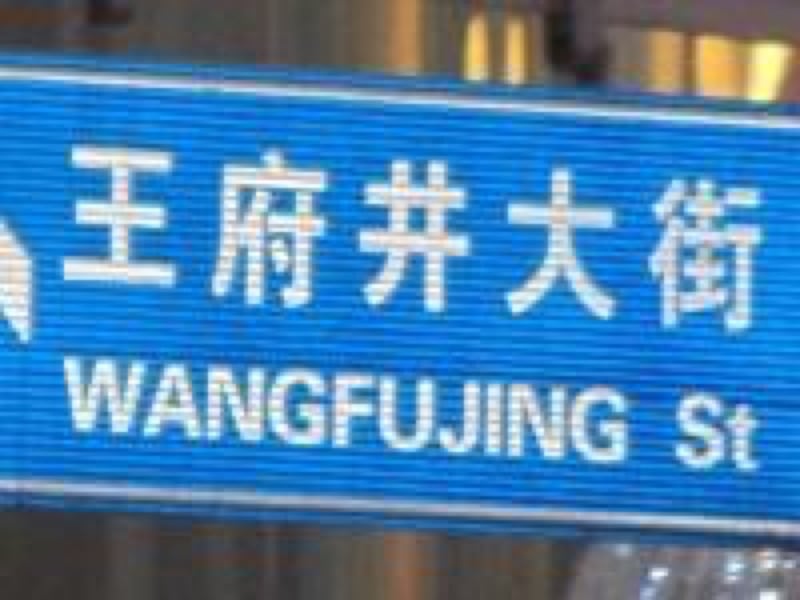The Confucius institutes are spreading the Chinese language and culture
The Chinese language has long been considered a “difficult” language. Yet learning Chinese is becoming more and more common worldwide as China is developing economically. Confucius Institutes are encouraging this process.
What are Confucius Institutes?
Confucius Institutes for the Chinese language can be compared to Britain’s British Council, France’s Alliance Française or Germany’s Goethe-Institut.
The Confucius Institutes’ headquarters are located in Beijing and fall under the Hanban’s responsibility (Chinese National Office for Teaching Chinese as a Foreign Language, affiliated with the Chinese Ministry of Education). The Hanban sets up and coordinates Confucius Institutes worldwide.
According to Article 1 of Confucius Institutes’ Charter, which defines its mission: “Confucius Institutes devote themselves to satisfying the demands of people from different countries and regions in the world who learn the Chinese language, to enhancing understanding of the Chinese language and culture, to strengthening the educational and cultural exchange and cooperation between China and other countries, to deepening friendly relations with other nations, to promoting the development of multi-culturalism, and to constructing a harmonious world.”
The Hanban develops standards of Chinese teaching, organises the writing of textbooks, and sends teachers abroad. It is a major actor in China’s soft power.
The first Confucius Institute opened in Seoul in 2004.
In 2010, there were 316 Confucius Institutes in 94 countries. At the end of 2013, according to a representative of Confucius Institutes in the US, there were 430 in 117 countries, of which there are about a hundred in the US.
Confucius Institutes have established several partnerships with European schools and universities. In 2011, 5,438 cultural exchanges, conferences and activities were held at European Confucius Institutes, attracting 2.3 million participants. By April 2012, 129 Confucius Institutes and 104 Confucius classrooms had been established in 34 European countries.
China intends to keep developing Confucius Institutes. This expansion fosters the Chinese language worldwide. Besides the Chinese language, Confucius Institutes are platforms of dynamic cultural exchanges between the Chinese culture and foreign cultures. Institutes created abroad are invited to build academic partnerships with a Chinese university.
Teaching and HSK
Foreign countries lack Chinese teachers. Faced with this obvious fact, from 2004, the Hanban has implemented a “Volunteer Chinese Teacher” programme. Volunteer Chinese teachers are sent abroad after a qualifying training in China. At the end of 2012, the Hanban had assigned 18,000 volunteers across 5 continents. Universities and institutes host and guide these volunteer teachers who are able to meet their needs.
The Hanban is also in charge of supervising the HSK, the official Mandarin exam. The Confucius Institutes are used as exam centres.
It’s your turn, come and get your training on GlobalExam.


